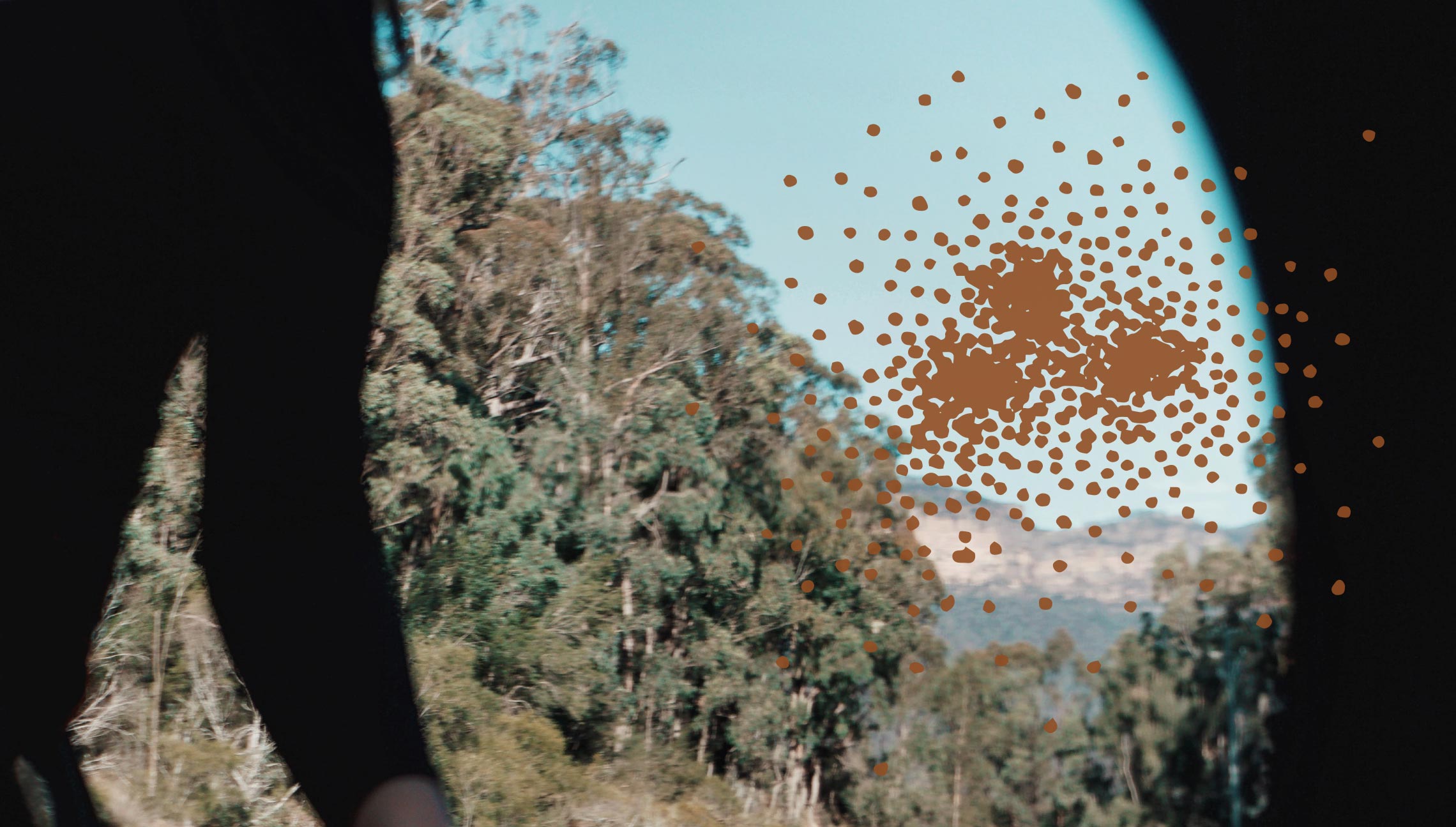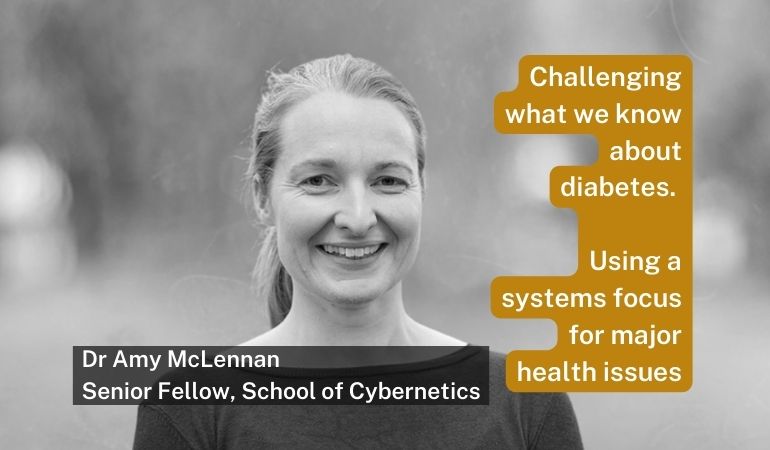Amy McLennan, senior fellow at the ANU School of Cybernetics, recently wrote an article in The Guardian reflecting on what we have learned in the 50 years since the first ever national diabetes survey was carried out, in the small island nation of Nauru. Amy’s article draws on cybernetic practitioners to bring a systems focus to a major health issue through widening the contextual lens.
Cybernetic thinking enables analysis of the dynamic relationships that lie between the technological, environmental, and societal contexts from which diabetes emerges as a population phenomenon in Nauru.
Type 2 diabetes is a major cause of death, disease, and disability in Nauru. Over the last 50 years researchers, scientists, and governments have spent years trying to address the prevalence of type 2 diabetes in this Pacific Nation.
Our lack of success at improving outcomes raises the question: What are we missing?
Type 2 diabetes is a global population health phenomenon that both drives, and is driven by, major societal transformations.
However, since first being identified at “epidemic” levels in the 1970s, researchers have assumed type 2 diabetes could be attributed to people eating too many calories and doing too little physical activity. Interventions based on the approach that people are over-eating and under-exercising have led to little improvement.
There may be a different way to approach this.
In looking at diabetes as an outcome of the purposeful behaviour of societies, rather than focusing on calorie-consuming individuals, a different array of systemic solutions can open up.
This article builds on research done by Amy in the past, drawing on inspiration from Bruce Pascoe, Gregory Bateson and Mary Catherine Bateson.
The article features in The Guardian’s “A Common Condition” series, which draws attention to the immediate and long term dangers that non-communicable diseases – including heart and respiratory diseases, cancers, and diabetes – pose to individuals living in the developing world.
McLennan’s article highlights how cybernetic thinking invites us to approach demographic health trends as emergent properties which co-evolve through interactions between different social systems. Health researchers and policy makers are as much a part of these systems as the populations they serve, and their assumptions may currently be a part of the problem.
You can read the full article on The Guardian here .
You can visit Amy McLennan’s profile here .

